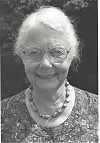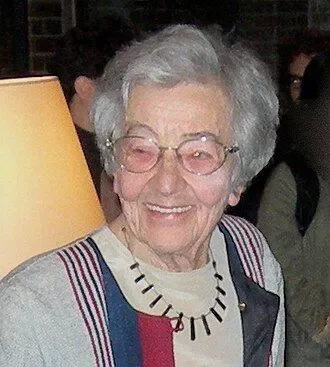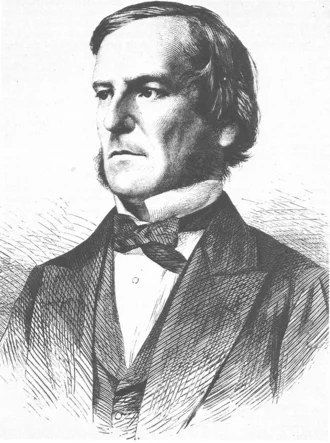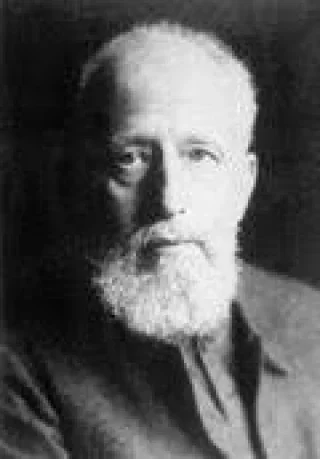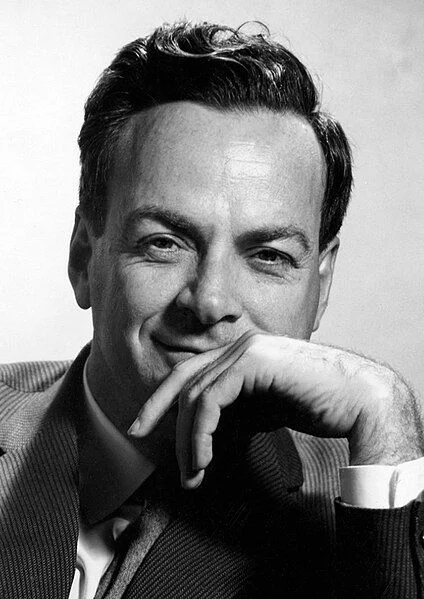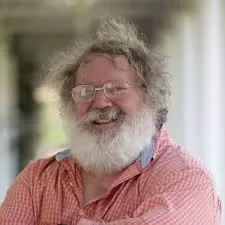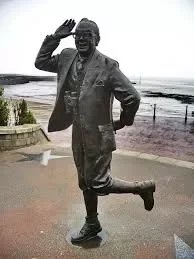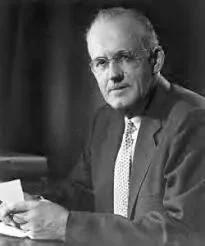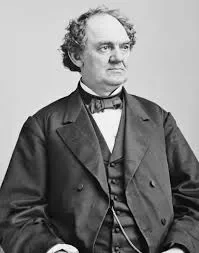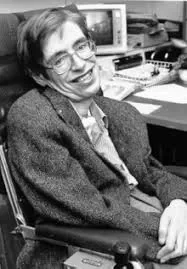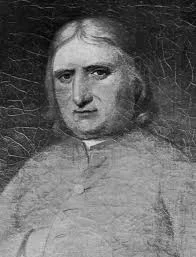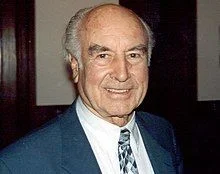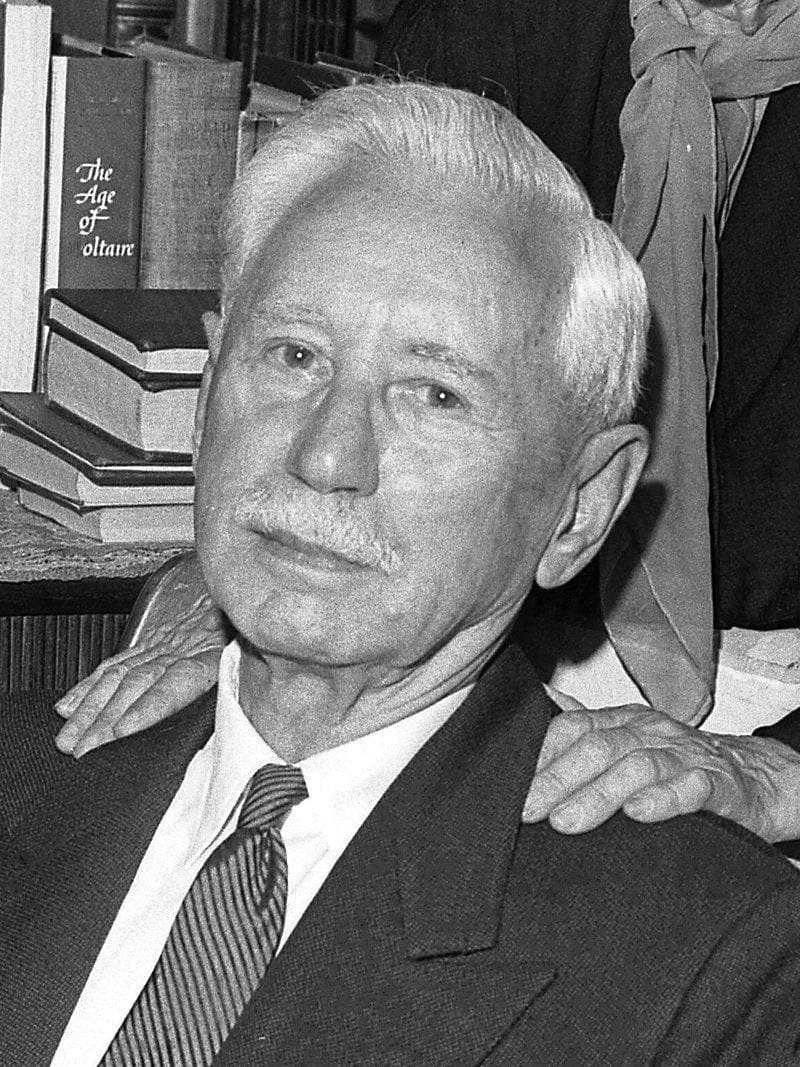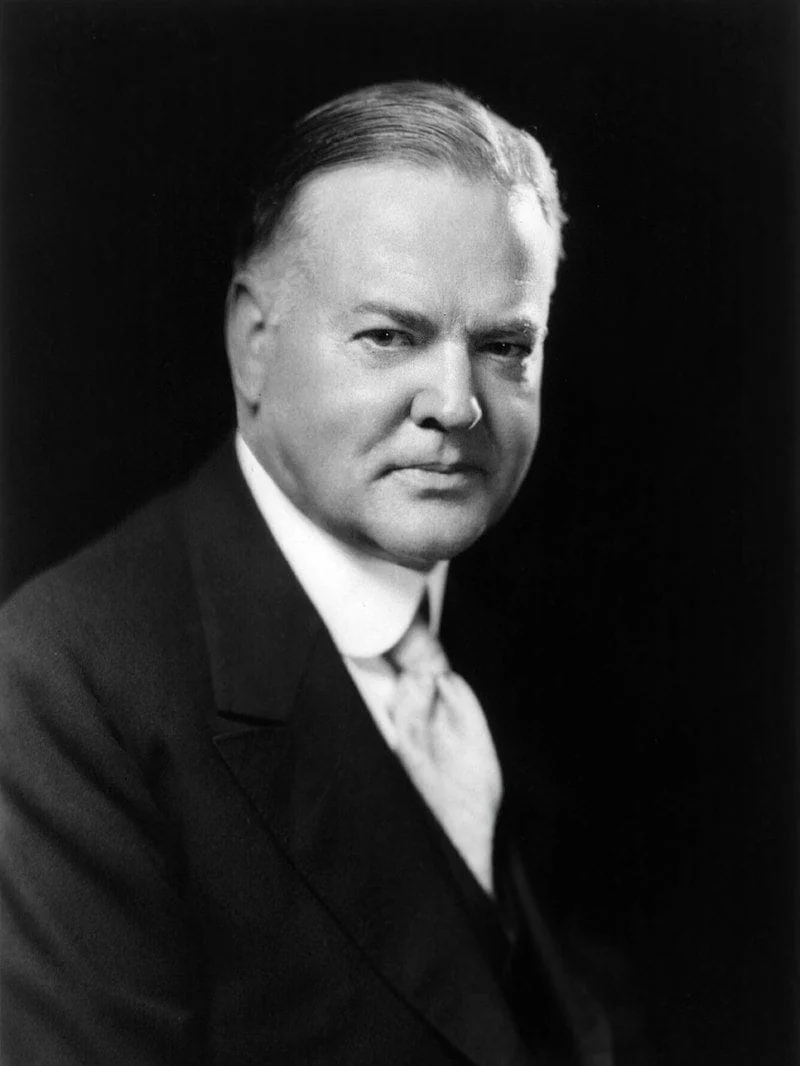Real Celebrities Never Die!
OR
Search For Past Celebrities Whose Birthday You Share
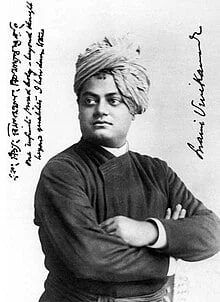
source:wikimedia.org/
Swami Vivekananda
Birthday:
12 Jan, 1863
Date of Death:
04 Jul, 1902
Cause of death:
rupture of a blood vessel in brain
Nationality:
Indian
Famous As:
Author
Age at the time of death:
39
Swami Vivekananda's Quote's
Introduction
Swami Vivekananda, born as Narendra Nath Datta, was a revered Indian Hindu monk, philosopher, and key figure in the introduction of Indian philosophies of Vedanta and Yoga to the Western world. His life was marked by intellectual brilliance, spiritual fervor, and a commitment to the service of humanity. Vivekananda played a crucial role in the revival of Hinduism in India and the propagation of its spiritual wisdom globally.
Early Life
Narendra Nath Datta was born on January 12, 1863, in Kolkata (formerly Calcutta), India, into an affluent Bengali family. His father, Vishwanath Datta, was a successful attorney, and his mother, Bhuvaneshwari Devi, was a devout and pious woman. Even as a child, Narendra exhibited a sharp intellect, deep compassion, and an inherent curiosity about spiritual matters.
Spiritual Awakening
Narendra’s spiritual journey began in his youth when he became interested in exploring the nature of God and the purpose of life. Influenced by the teachings of saints like Ramakrishna Paramahansa, he immersed himself in spiritual practices and intense self-inquiry. Ramakrishna became his spiritual mentor, and under his guidance, Narendra underwent profound spiritual experiences.
Founding the Ramakrishna Mission
After the passing of Ramakrishna in 1886, Narendra and a group of disciples founded the Ramakrishna Mission to propagate the teachings of Ramakrishna and serve humanity, guided by the principles of selfless service.
Becoming Swami Vivekananda
In 1888, Narendra formally took the vows of a monastic life, renouncing his family and assuming the name Swami Vivekananda. The prefix “Swami” denotes a renunciant, and “Vivekananda” means “the bliss of discerning wisdom.” His monastic life marked a period of intense spiritual practice, study, and contemplation.
Recognition at the World’s Parliament of Religions
Swami Vivekananda gained international recognition at the World’s Parliament of Religions held in Chicago in 1893. He addressed the assembly with his historic speech, beginning with the words “Sisters and Brothers of America,” and went on to eloquently articulate the universal principles of Hinduism and the need for tolerance and understanding among different faiths.
Spreading Vedanta and Yoga Worldwide
This landmark speech not only introduced the principles of Vedanta and Yoga to the Western world but also positioned Swami Vivekananda as a prominent and influential voice in the global interfaith dialogue. His address garnered him widespread acclaim and made him a sought-after speaker on various platforms.
Extensive Travels and Teachings
Swami Vivekananda spent the next few years traveling extensively, both in India and abroad, spreading the message of Vedanta, the harmony of religions, and the significance of spirituality in everyday life. He emphasized the importance of self-realization, service to humanity, and the promotion of education.
Founding the Ramakrishna Math and Mission
In 1897, Swami Vivekananda founded the Ramakrishna Math and Ramakrishna Mission, organizations dedicated to spiritual upliftment, education, and humanitarian service. The mission has since grown into a global organization with numerous centers around the world, involved in various philanthropic activities.
Personality and Interactions
Swami Vivekananda was known for his dynamic and charismatic personality. He possessed a rare combination of intellectual brilliance, deep spirituality, and practical wisdom. His interactions with people reflected warmth, compassion, and a genuine concern for their well-being. Despite his intense spiritual pursuits, he remained firmly grounded in the realities of the world.
Passing and Legacy
Swami Vivekananda’s life was relatively short, and he passed away on July 4, 1902, at the age of 39. His teachings and legacy, however, continue to inspire millions globally.
Impact on Modern Hinduism and Indian Spirituality
Swami Vivekananda’s impact on modern Hinduism and the global understanding of Indian spirituality is immeasurable. His teachings on religious harmony, tolerance, and the pursuit of self-realization have influenced thinkers, leaders, and spiritual seekers worldwide.
The Ramakrishna Mission’s Continued Work
The Ramakrishna Mission and Ramakrishna Math, founded by him, continue to play a significant role in education, healthcare, and humanitarian activities.
Conclusion
In conclusion, Swami Vivekananda’s life was a luminous beacon of spiritual wisdom and a bridge between East and West. His teachings, marked by a profound synthesis of spirituality and practicality, remain relevant and continue to guide individuals on their spiritual journeys.
Name:
Swami Vivekananda
Popular Name:
Swami Vivekananda
Gender:
Male
Cause of Death:
rupture of a blood vessel in brain
Spouse:
Place of Birth:
Kolkata, West Bengal, India
Place of Death:
West Bengal, India
Occupation / Profession:
He had predicted that he would not live beyond 40.
He had speed-reading ability. In his childhood he used to borrow multiple books from the library and immediately return them the next day.
He was a qualified classical musician, and could play various musical instruments including sitar and dholak.
He was born at 6.33 minutes and 33 seconds exactly.
His nick name was Veereshwar
He also inspired many people to join the freedom struggle, thereby contributing to the rise of the national independence movement.
He established the Ramakrishna Ashram and the Belur Math
He worked against superstitions and advocated the upliftment of women’s position in society.
Swami Vivekananda is credited with introducing the West to the Indian philosophies of Vedanta and Yoga.

